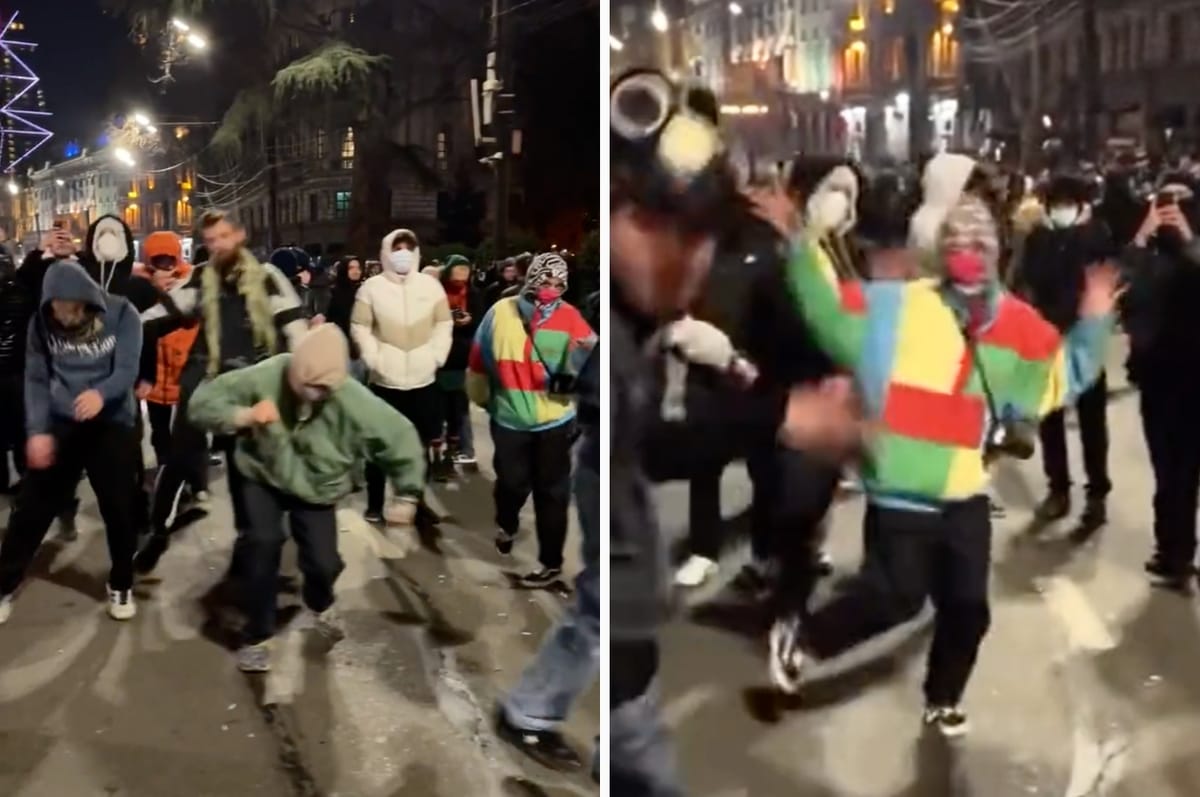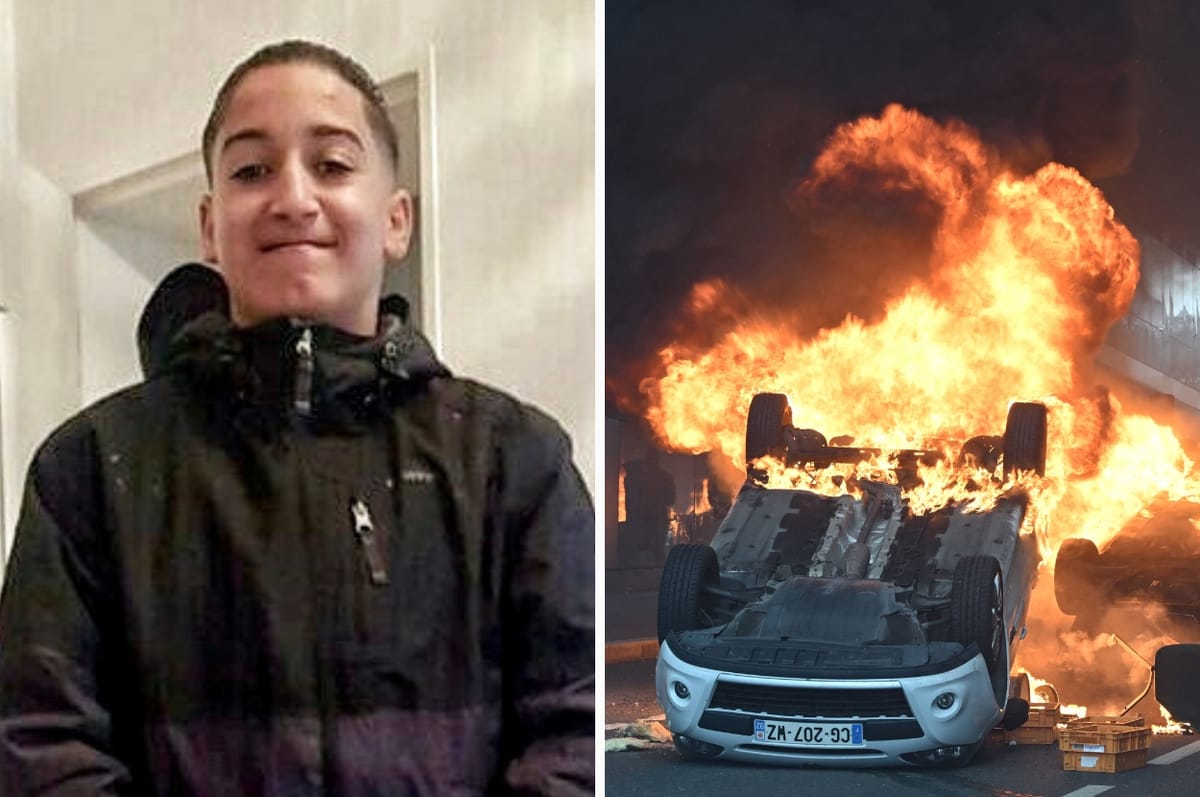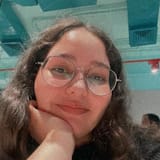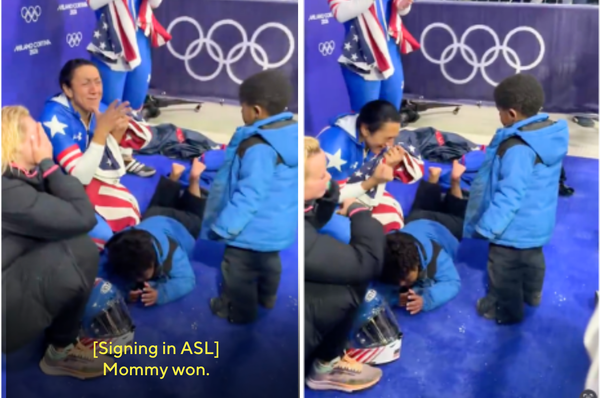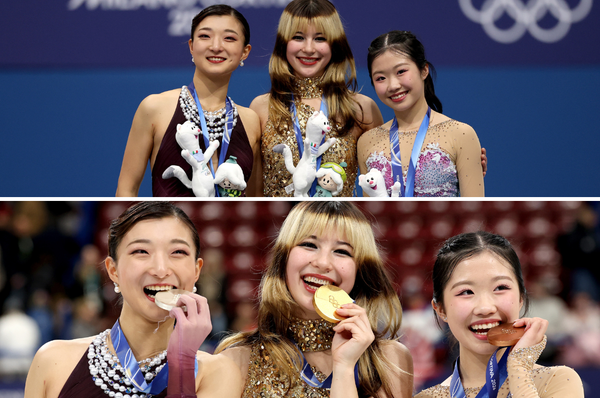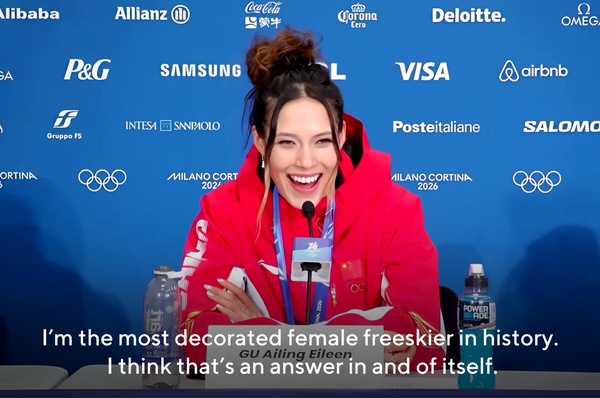Bangladeshi Students Are Holding Mass Protests For Equal Job Opportunities Despite Police Killing 170 Protesters
Student are protesting a law that would reserve 30% of government jobs for veterans and their relatives.
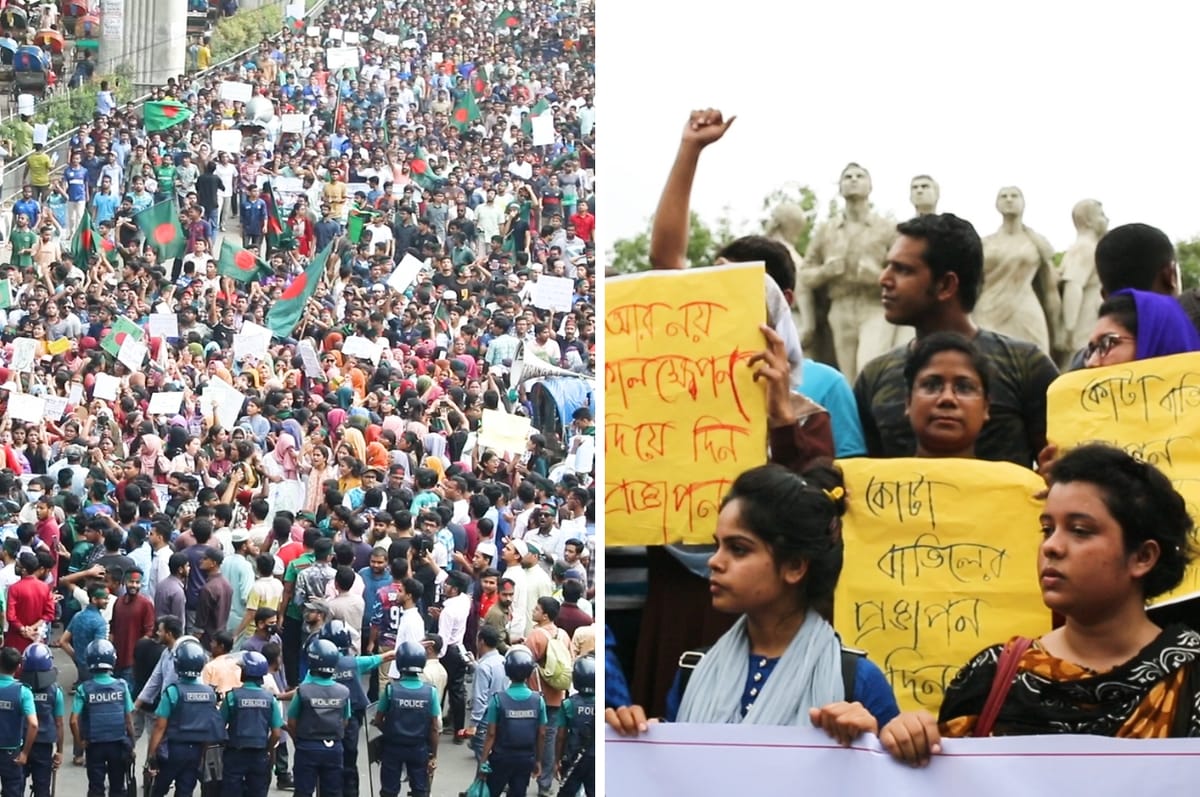
What happened?
Student protests broke out across Bangladesh after the government reinstated a law that would reserve 30% of government jobs for veterans and their relatives on June 5.
Prime Minister Sheikh Hasina's government had scrapped the quota system in 2018, but a court reinstated it last month.
This sparked peaceful protests against the quota led by students at various universities across the country.
What is the quota system?
The quota system reserved a certain percentage of government jobs for certain people, including marginalized groups such as women, Indigenous people, people with disabilities and children of veterans who fought in the war for Bangladesh’s independence from Pakistan in 1971.
Why are students protesting?
Unemployment has been on the rise in Bangladesh, with nearly 32 million young people out of work or education in a population of 170 million, according to Reuters..
Protesters say the quota decreases the number of government jobs, which pay higher than private sectors, for people who want to fill the positions based on merit.
They also say that the quota for veterans and their families favors supporters of the prime minister’s party, which had led the fight for independence.
Why did the protests become bigger?
At a press conference on July 14, the prime minister then reportedly referred to the student protesters as the children of traitors in the 1971 independence war, sparking a controversy.
In response, the students then organized a midnight demonstration in the Dhaka University area.
The situation then continued to escalate on July 15 when a group of government supporters started attacking the students, leading to clashes that injured more than 100 people.
What was the government’s response?
Police started violently cracking down on protesters to put an end to the protests, mass arresting people and using batons, tear gas, rubber bullets and live ammunition to disperse the gatherings.
On July 18, the government enforced a ban on public gatherings in the capital, Dhaka, and shut down the internet across the country.
The army also enforced a nationwide curfew and was granted the power to shoot people who broke the curfew violators to control violence.
At least 139 people have been killed and thousands have been injured in the police’s violent crackdown.
What happened after?
On July 21, the Supreme Court ruled to scale back the quota system so that candidates will be hired based on merit.
93% of government jobs will now be allocated based on merit, and only 7% of positions will be reserved for specific groups, with 5% for the children of freedom fighters and 1% each for marginalized tribal communities and people with disabilities.
What’s next?
However, protesters are vowing to continue to demonstrate to demand justice for those who have been killed in the protests.
They are calling for authorities to release the arrested protesters and for the politicians responsible to step down.
You Might Also Be Interested In
